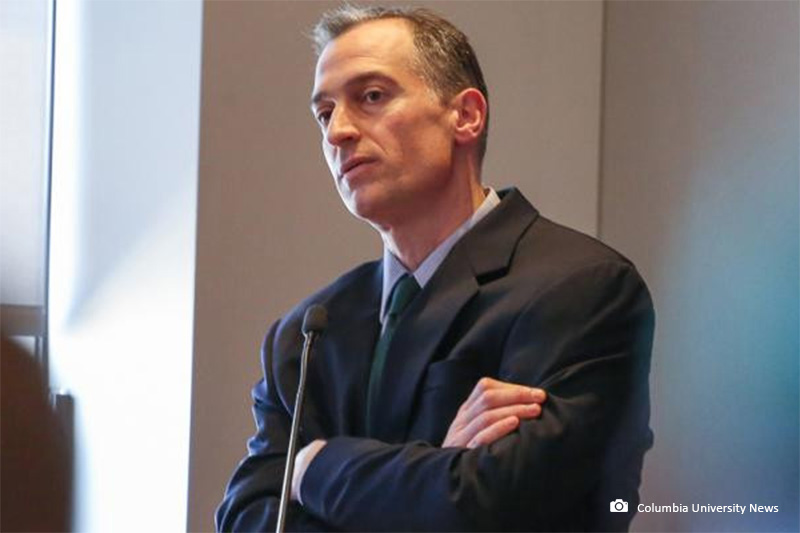Experts with the Regional Gun Violence Research Consortium (RGVRC) address different facets of firearm violence from a variety of perspectives and disciplines. In this new series, get to know our experts and learn more about their contributions to better understand, prevent, and respond to the public health crisis of firearm violence. Meet Charles Branas, a scholar with the RGVRC and the Gelman Professor of Epidemiology and chair of the Department of Epidemiology at Columbia University’s Mailman School of Public Health.
Why do you study gun violence? Why is this an important area of research, and how do you see your work helping to address this issue?
I study gun violence because it’s difficult. I am often attracted to seemingly intractable problems. These problems can be devastating for many people, and my feeling is that someone has to try and make a difference, even if success takes a long time to realize. Basically—if not me, then who will do it? And, sometimes, when there is success, it’s all the more satisfying. This is the case with gun violence in the United States.
What is your research focus related to gun violence? What are you currently researching?
My gun violence research has focused on many topics, from the medical response and community interventions for shootings to alcohol as a risk factor, gun laws, mass shootings, the value of gun possession in self-defense, and that US cities and small towns alike bear our national burden of gun violence, which is, in fact, everyone’s problem.
More recently, I’ve focused on trying to build a national research network and scientific engine to better guide gun violence prevention, what the impact of gun violence is in our schools, and how cities can better track their successes in preventing gun violence.
What do you hope that people can take away from the research you are conducting?
I hope people understand that there are practical and meaningful solutions to gun violence. For instance, a great deal of scientific research has now shown that the environments that surround us, both the natural environment and the environments that we build, influence our good health more than almost any other factor. This is something that many people simply take for granted.
Communities should think about programs that positively change the surroundings and environments in schools, homes, cities, small towns, and other places, as first choices when they want to improve people’s health, including gun violence.
Learn more about Charles and his work for the Regional Gun Violence Research Consortium below.

